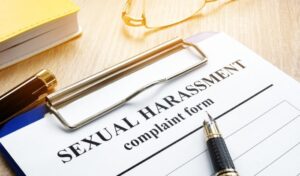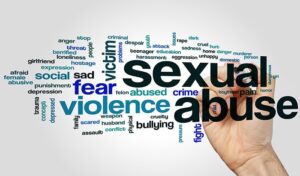
Signs of Sexual Abuse in Children and Adolescents
Changes in Emotions Acting aggressively Becoming angry for no apparent reason Having low self-esteem Having trouble developing or maintaining relationships Crying for no obvious reason Changes in Behavior Practicing self-harm


